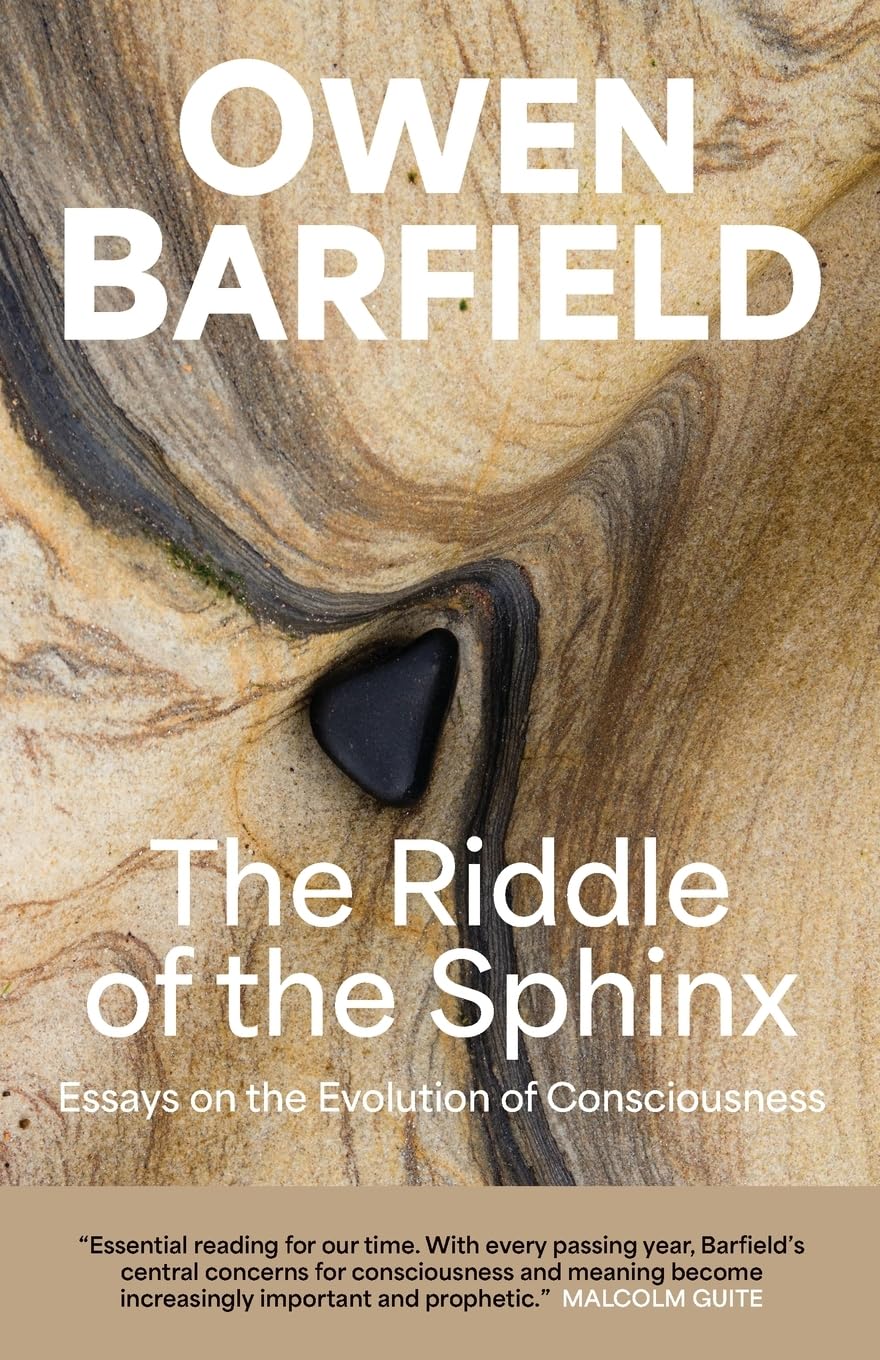What do you think?
Rate this book


378 pages, Paperback
Published November 3, 2023
But the Second Friend is the man who disagrees with you about everything. He is not so much the alter ego as the antiself. Of course he shares your interests; otherwise he would not become your friend at all. But he has approached them all at a different angle. He has read all the right books but has got the wrong thing out of every one. It is as if he spoke your language but mispronounced it. How can he be so nearly right and yet, invariably, just not right?